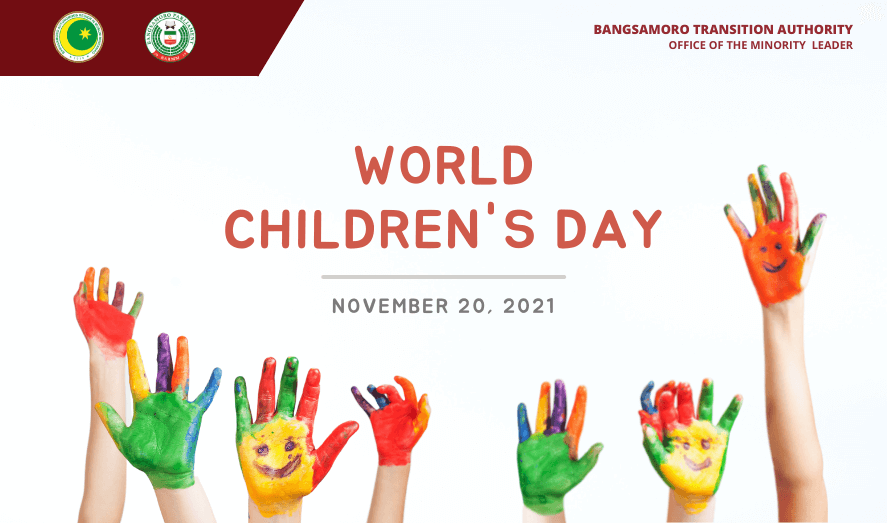In the face of a global pandemic, the vast world that was once ours to explore was suddenly limited to the spaces inside our homes and offices. The restrictions and protocols put in place to keep us safe and secure has, in turn, limited the many ways children’s imaginations can roam and run free. Spaces for socialization and learning among peers have been closed off in favor of screens and online venues, as parents and teachers exert every effort to encourage every child’s full development.
The COVID-19 pandemic has magnified the social inequalities that affect every child’s basic rights and freedoms. A public health issue such as a pandemic is a socioeconomic and development issue, and also a children’s rights issue.
On November 20, 1959, the United Nations General Assembly adopted the Declaration of the Rights of the Child. Decades later, the Convention on the Rights of the Child was adopted by the same assembly. Today, we commemorate these landmark events by celebrating World Children’s Day.
As children around the world continue to be disproportionately affected by the global pandemic, it becomes much more urgent for state actors to provide basic social services and create possibilities for every child to grow with a deep understanding of grief, to learn without being weighed down by loneliness, and to experience the world around them outside the shadow of fear. We must ensure that every child has access to a full range of basic social and health services necessary to meet their physical, emotional, and mental health needs.
The UN Declaration of the Rights of the Child may be read in full at https://undocs.org/en/A/RES/1386(XIV), while the Convention on the Rights of the Child may be accessed at https://www.ohchr.org/en/professionalinterest/pages/crc.aspx








